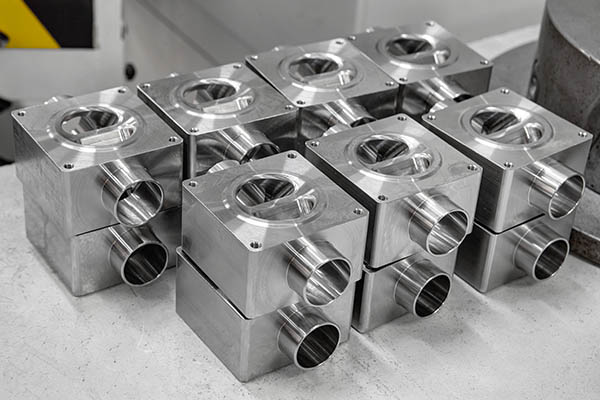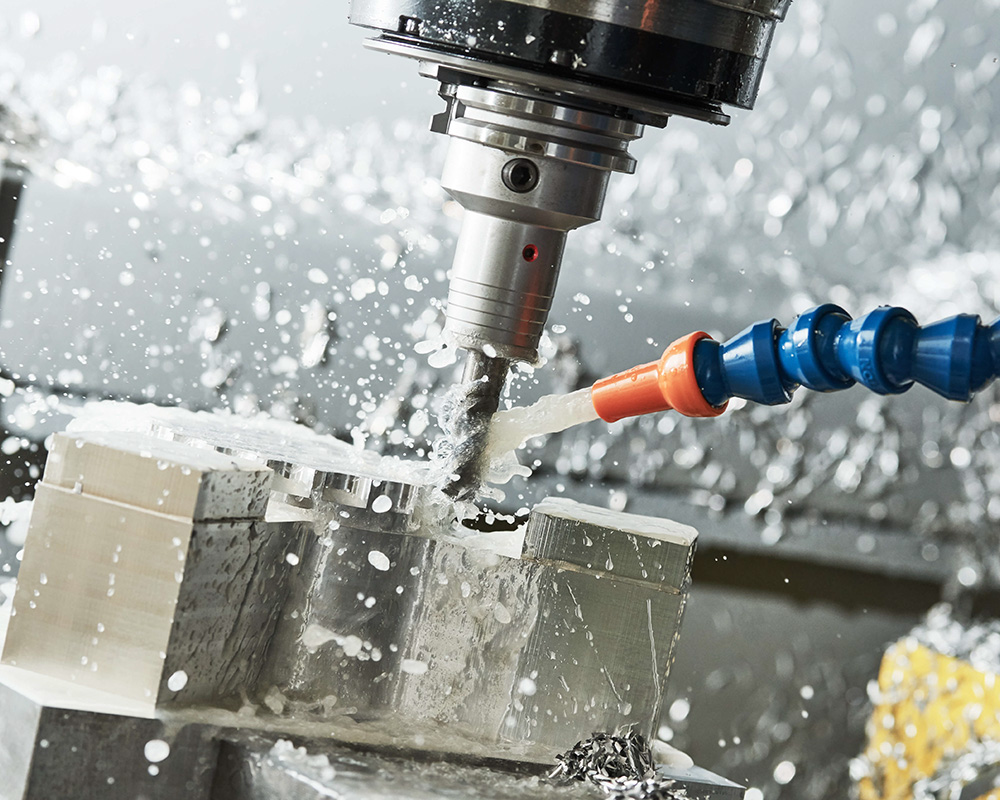CNC Machining Services: Transforming Trendy Manufacturing with Precision and Automation
CNC Machining Services: Transforming Trendy Manufacturing with Precision and Automation
Blog Article
CNC machineries, also known as Computer Numerical Control machining, revolutionized manufacturing, bringing accuracy as well as efficiency and automatization to the manufacturing process. It makes use of computers for cutting, shaping and manufacture complex components as well as components made from various materials like metal as well as plastic, wood and other composites. Through automation of many operations that were previously dependent on human intervention, CNC machining has significantly enhanced the speed and accuracy of manufacturing, making essential in fields such as aerospace, automotive, medical, and electronics. The integration of computers with machining tools has opened up opportunities for the creation of complex and accurate components. This has improved both the quality and scalability of manufacturing.
One of the main advantages of CNC machining is its capability to produce highly detailed and intricate pieces that are almost impossible to construct using conventional manufacturing techniques. CNC machines are based on digital drawings, which implies that once the design of a piece is programmed into the machine, it's able to be replicated precisely and with consistency. This is particularly beneficial in industries like aerospace, automotive, and electronics, where precision is critical. Furthermore, CNC machining is capable to work with a vast variety of materials, including soft plastics and hard metals. It allows companies to produce parts that meet specific requirements for strength, durability as well as heat resistance. The wide range of CNC cutting has provided many new opportunities in product design as well as engineering.
One of the main advantages of CNC Machining is the versatility when working with a broad spectrum of substances. If manufacturers have to deal with hard metals like steel and titanium, or soft materials such as wood and plastic CNC machines can be adapted to handle various shapes and cutting tasks. This adaptability allows CNC machines suitable for making components across a wide range of fields including medical equipment and aerospace parts to automotive and consumer electronics. CNC machining is able to produce intricate geometries and high precision has also made CNC machine-making the preferred method for creating intricate parts which would be challenging and even unattainable to manufacture using traditional techniques.
The CNC machining brand also has excellent reproducibility, assuring that each part produced is identical to the original design. This is essential in industries that require large-scale production of standard components including automotive parts and consumer electronics. Since CNC machines are programmed to follow instructions, they're able to make hundreds or thousands of parts with minimal variations in their quality. This uniformity not only increases the reliability of the final product, but also helps reduce waste, as fewer parts get rejected because of defects. Also, since the digital designs used in CNC machine machining are easily modified or updated, manufacturers are able to quickly adjust to changes in product specifications or demands of customers without the need for costly retooling or machine recalibration. To find more details please go to https://www.premiumparts.com/services/cnc-machining
CNC Machining is also acclaimed for its flexibility in terms what materials it's able handle. From metals like aluminum, steel and titanium to plastics, wood, even the composites that CNC machinery utilize a broad range of different materials in order to make parts that can be used in a variety of applications. This versatility can make CNC processing suitable for diverse range of industries which have their own unique demands for material. In the case of medical, for instance, this business typically requires parts of biocompatible substances like titanium. Meanwhile, the automotive industry relies on durable metallics such as steel to make engines and other components. However, regardless of the type of material used, CNC machines can deliver precise cuts and consistent results, ensuring that the final product is of the necessary performance and durability standards.
Another challenge in CNC machining is in the setting up and programming of the CNC machines. While CNC machines eliminate much of the manual labor involved in the manufacturing process but they need skilled techs to develop and then input the necessary programs. These technicians must have expertise in CAD/CAM (Computer-Aided Design/Computer-Aided Manufacturing) software and understand the specific machining requirements of each project. Incorrect programming could create defective parts that waste material and cause the machine being down for a long time. Additionally, the initial setup of the machine could take time, particularly with large-scale projects that require multiple tools or operations. But once it is programed and setup it is able to create components at a remarkable rate and with great accuracy and reduce the risk of failures in subsequent runs.